Automatic Windows 11 Updates In 2025: A Comprehensive Guide
Automatic Windows 11 Updates in 2025: A Comprehensive Guide
Related Articles: Automatic Windows 11 Updates in 2025: A Comprehensive Guide
Introduction
With enthusiasm, let’s navigate through the intriguing topic related to Automatic Windows 11 Updates in 2025: A Comprehensive Guide. Let’s weave interesting information and offer fresh perspectives to the readers.
Table of Content
Automatic Windows 11 Updates in 2025: A Comprehensive Guide
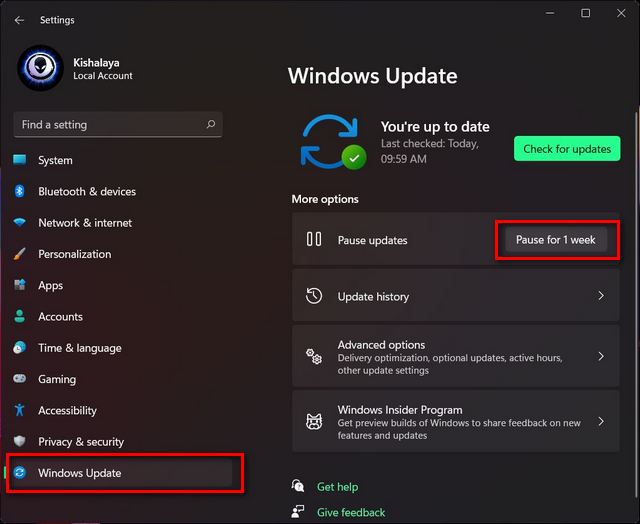
Introduction
Microsoft’s Windows 11 operating system has garnered significant attention since its release in 2021. A key aspect of Windows 11 is its automatic update mechanism, which ensures that users receive the latest security patches, bug fixes, and feature updates. This article delves into the details of automatic Windows 11 updates, exploring their significance and providing practical guidance for users.
Significance of Automatic Updates
Automatic updates play a crucial role in maintaining the security, stability, and overall health of a Windows 11 system. They provide numerous benefits, including:
- Enhanced Security: Updates often include patches for vulnerabilities and exploits, protecting users from malware, viruses, and other malicious threats.
- Improved Stability: Updates resolve bugs and glitches, enhancing the overall stability and performance of the operating system.
- New Features: Updates can introduce new features and enhancements, adding functionality and improving the user experience.
- Compliance with Regulations: For businesses and organizations, automatic updates help ensure compliance with industry regulations and data protection standards.
Frequency and Timing of Updates
Windows 11 updates are released on a regular schedule, typically on the second Tuesday of each month, known as "Patch Tuesday." These updates vary in size and scope, from minor security patches to major feature updates.
By default, Windows 11 is configured to download and install updates automatically. However, users have the option to change these settings to suit their preferences.
Managing Automatic Updates
Users can manage automatic updates through the Windows Update settings. To access these settings:
- Click on the "Start" button.
- Type "Windows Update" into the search bar.
- Select "Windows Update" from the search results.
In the Windows Update settings, users can:
- View the history of installed updates.
- Configure the frequency and timing of updates.
- Pause updates for a limited time.
- Choose to receive notifications before updates are installed.
FAQs
Q: Are automatic updates mandatory in Windows 11?
A: No, automatic updates are not mandatory, but they are strongly recommended for maintaining the security and stability of the system.
Q: Can I disable automatic updates?
A: Yes, it is possible to disable automatic updates, but it is not recommended. Disabling updates can leave the system vulnerable to security threats and bugs.
Q: What happens if I miss an update?
A: If an update is missed, Windows will continue to notify the user until it is installed. It is important to install missed updates as soon as possible to ensure the system’s security and stability.
Tips
- Keep your internet connection stable during updates to prevent interruptions.
- Back up important data before installing major updates to protect against any potential issues.
- If you encounter any problems after an update, try restarting your computer or contacting Microsoft support.
Conclusion
Automatic updates are an essential aspect of Windows 11, ensuring the security, stability, and overall health of the operating system. By understanding the significance and frequency of updates, users can effectively manage them to keep their systems up-to-date and protected.
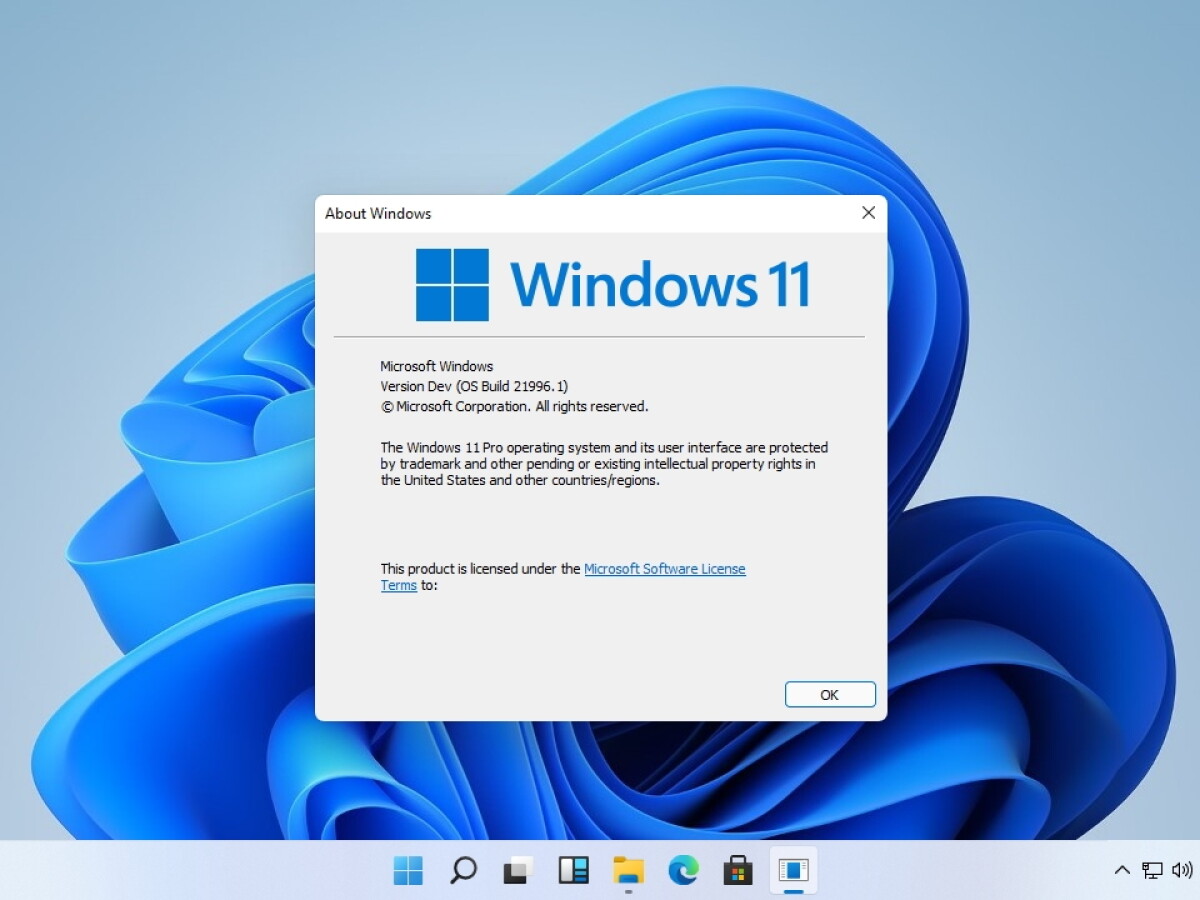
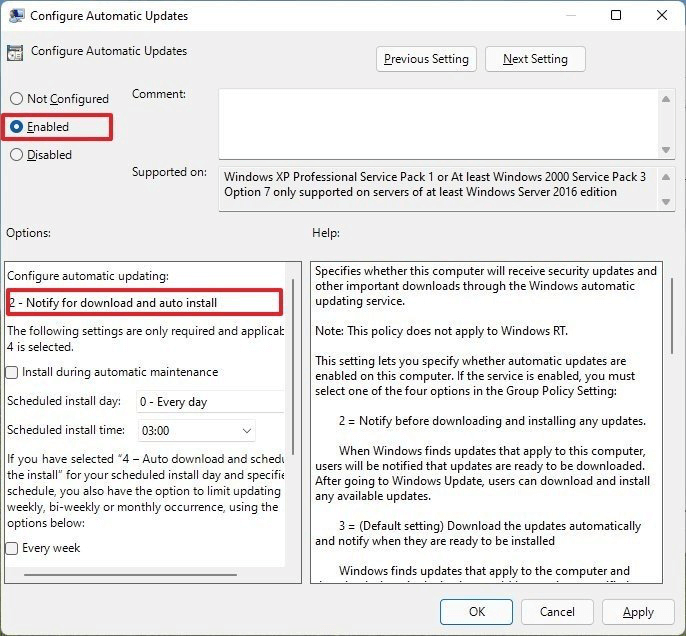
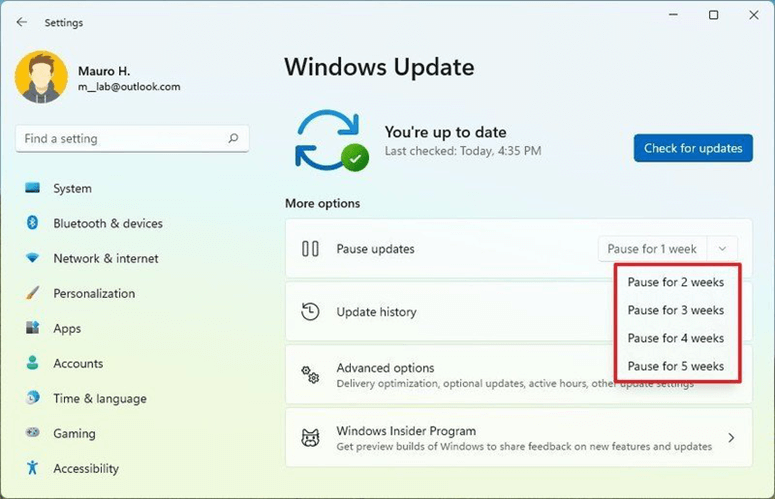
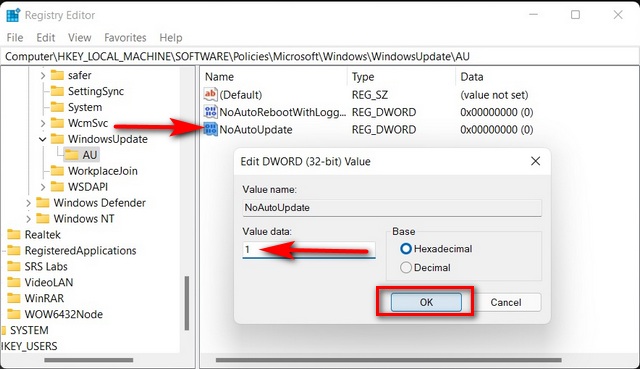

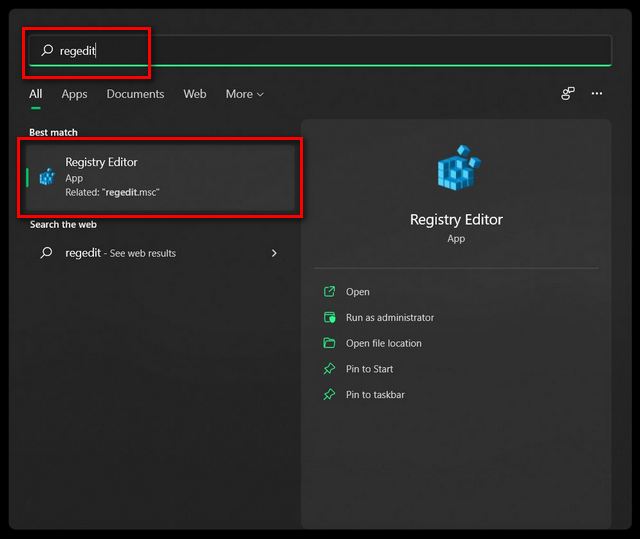
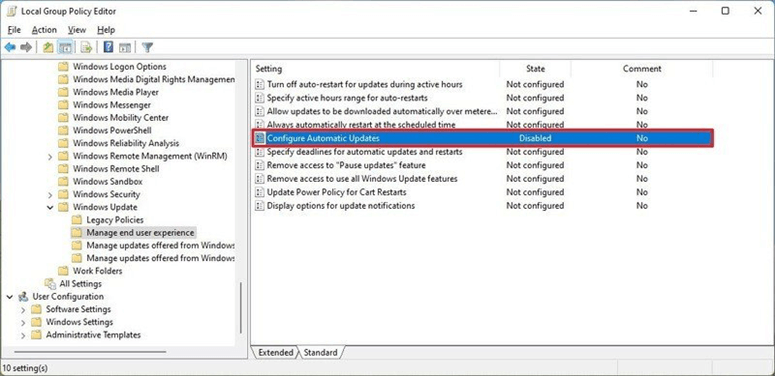
![How to Stop Automatic Updates on Windows 11 [Guide] Beebom](https://beebom.com/wp-content/uploads/2021/07/Stop-Automatic-Windows-11-Updates-Using-Registry-Editor-body-3.jpg)
Closure
Thus, we hope this article has provided valuable insights into Automatic Windows 11 Updates in 2025: A Comprehensive Guide. We appreciate your attention to our article. See you in our next article!